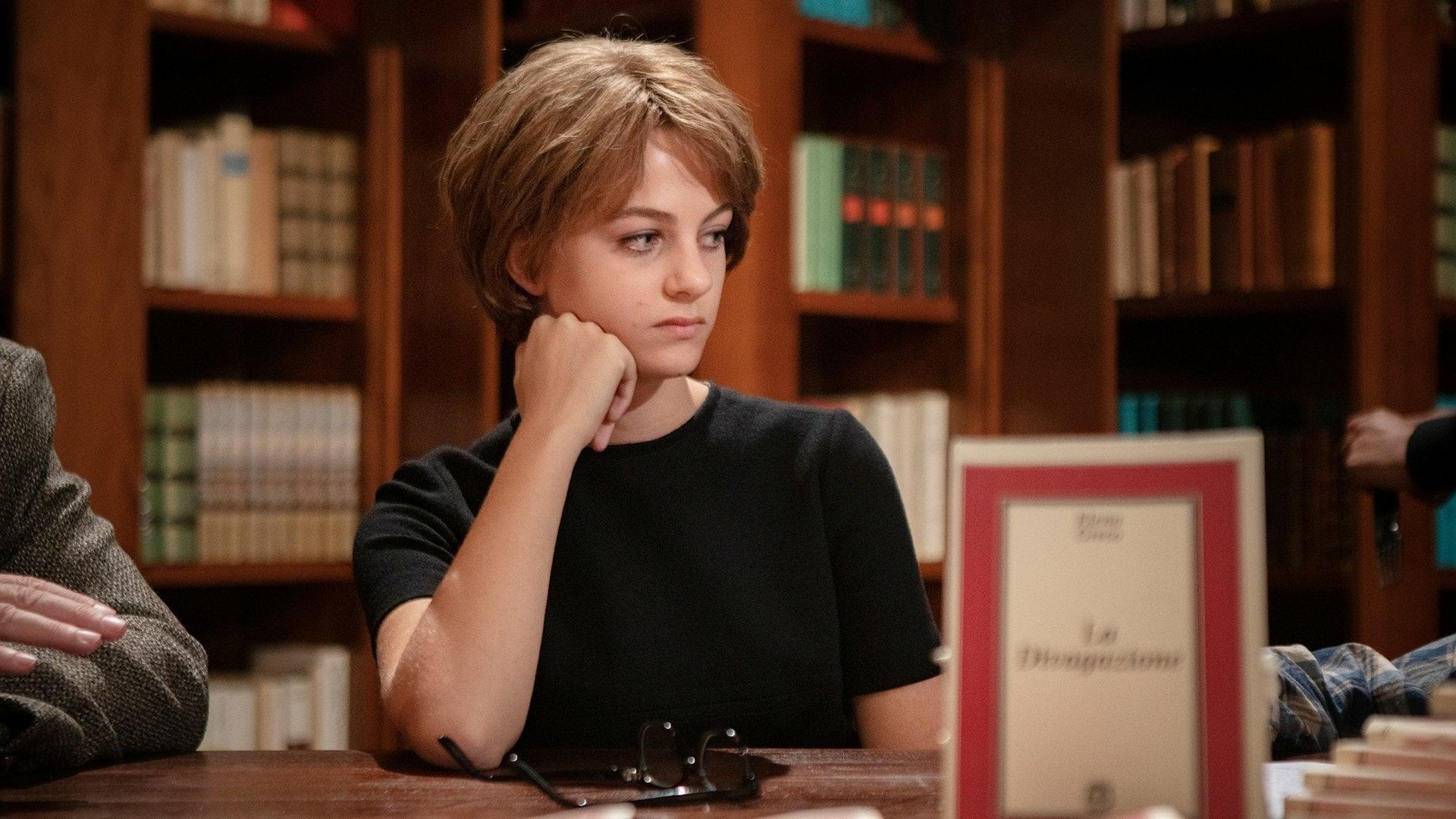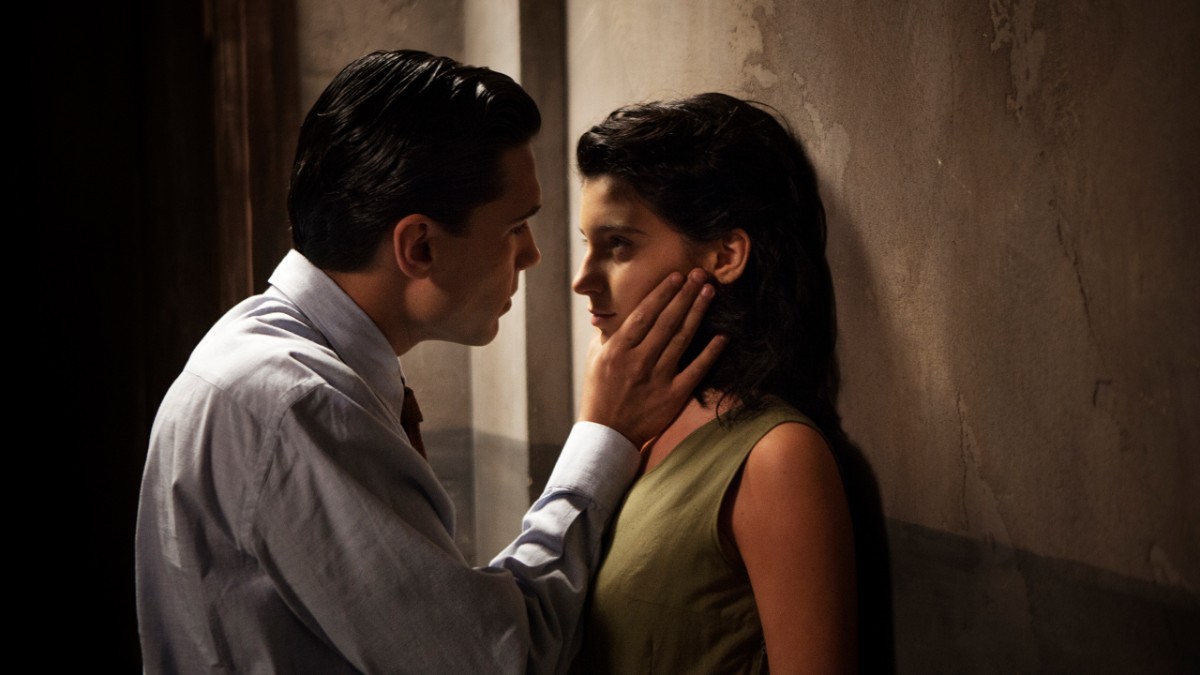
We’re all taught how to behave in a romantic relationship from an early age. Reading them made me think a lot about the friendships I have always had in my life and I realised that I had never really reflected on them. The beauty of these books is that they would be valid in a different place and time. Friendship was for women a benefit that few could afford. In Naples of 1950, as Elena constantly points out, domestic violence ‘was a daily thing’, and women were just an instrument of reproduction and a prize to be shown in the neighbourhood as a sign of power.

Through her characters, Lenù (nickname from Elena) and Lila (from Raffaella), Ferrante draws a clear and almost complete portrait of this fascinating dynamic. The books indeed, provide an interesting hint on what friendship represents for us – as women – which is something we rarely take into the analysis.Īs girls, our relationship with the same sex has always been marked by contradictions. It uses friendship as a background to other themes including politics, society and women/feminism, set to the backdrop of a poverty-stricken Naples. It is not just a novel about two little girls who happen to be friends. It talks about the deep and somewhat complex friendship between Lila and Elena, two girls growing up in the suburbs of Naples. The one above is a quote from “My Brilliant Friend”, the first of 4 books of the multi-awarded series The Neapolitan Novels by Elena Ferrante. Too often we focus our discussions on romance, however, friendship is maybe the most underestimated of all human connections, and female friendship probably the most difficult one. No one understood us, only we two – I thought – understood one another.“

Library 0 Comments 9 7 min read “ We were twelve years old, but we walked along the hot streets of the neighbourhood like two old ladies taking the measure of lives of disappointment, clinging tightly to each other.


 0 kommentar(er)
0 kommentar(er)
